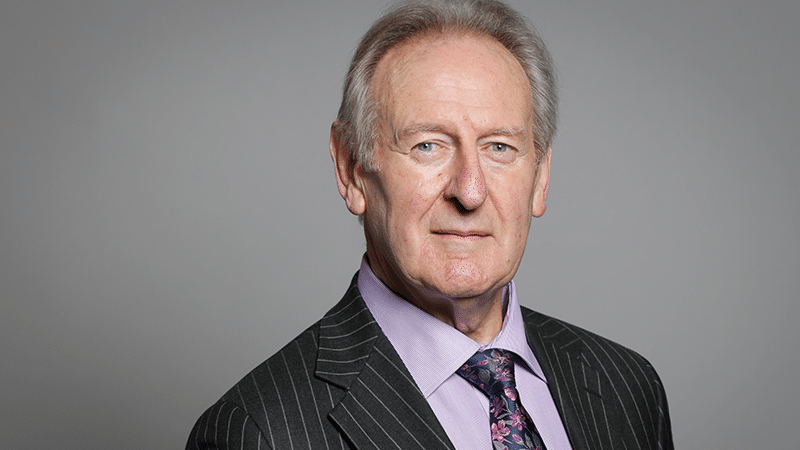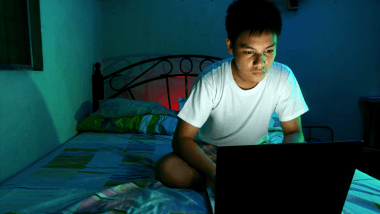The Online Safety Bill must include robust age-verification checks to protect children from the “horrors of online pornography”, a Crossbench Peer has warned.
Writing for The House magazine, Lord Curry of Kirkharle urged Peers to tackle the Bill’s “vague” definition of pornography, and pressed them to amend the legislation so that regulations outline “appropriate” age-verification systems, instead of leaving it to porn sites.
The Peer warned that giving pornography companies such power is “akin to letting a burglar install the locks on your home”.
‘Vital protection’
Age verification checks were approved under the Digital Economy Act 2017, but plans to implement them were abandoned in October 2019.
Lord Curry wrote: “One of the excuses offered for this baffling decision was that the issue would be subsumed within the new Online Safety Bill. But this means that children have been denied a vital protection from the horrors of online pornography for five years.”
He called on Peers to re-institute other provisions from the 2017 Act, including a requirement for payment services to be notified when porn sites fail to prevent children from accessing their websites. In 2020, Pornhub deleted over ten million videos after Visa and Mastercard threatened to withdraw their services.akin to letting a burglar install the locks on your home
The Peer urged the House of Lords to “focus on our grandchildren and get more robust protections for children on the statute book and into effect as soon as possible”.
‘Biggest harms’
Speaking on BBC Radio 4, Conservative MP Miriam Cates echoed Lord Curry’s call to strengthen the Bill’s definition of pornography and implement strong age-verification measures across porn sites and social media.
She highlighted: “One of the biggest harms to children online is viewing pornography. Not just for themselves but in terms of consequences for the rest of society, and violence against women and girls.”
“What we want the Government to do in the House of Lords is to create a definition of pornography that applies across the internet, and in fact, corresponds with what’s legal and illegal offline as well”.
Conservative Peer Lord Bethell, a former technology minister, is seeking to amend the Bill in order to force pornography websites to start verifying the age of users within six months of the legislation becoming law.
Nine-years-old
Last month, England’s Children’s Commissioner’s Office reported that one in ten children have watched online pornography by the time they reach nine-years-old.
The office compiled results from a survey of over 1,000 people between 16 and 21 years of age and two focus groups of teenagers aged 13 to 19.
The report found that the average age a child first sees pornography is 13, with half of those surveyed admitting they had watched it by that age.
Cartoon characters used to hook 6-year-olds on porn
New porn checks for children in Louisiana
Attempt to amend Online Safety Bill could outlaw online evangelism


